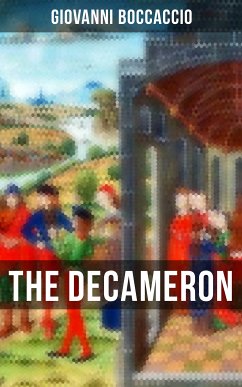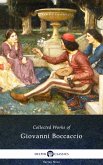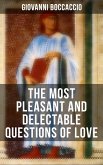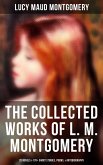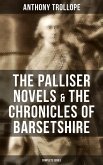Giovanni Boccaccio's 'The Decameron' is a masterpiece of Italian literature, consisting of one hundred tales told by seven women and three men seeking refuge from the bubonic plague in a secluded villa. Written in the early 14th century, this collection showcases Boccaccio's skill in storytelling and his keen observation of human nature. The tales cover a wide range of themes, from love and morality to wit and deception, making it a rich tapestry of medieval society. Boccaccio's elegant prose and clever narrative style captivate readers, inviting them into a world of intrigue and imagination. Boccaccio, a contemporary of Dante, was a Renaissance humanist and poet with a keen interest in literature and philosophy. Influenced by the literary traditions of ancient Greece and Rome, Boccaccio brought a fresh perspective to Italian literature. 'The Decameron' is a reflection of his literary brilliance and his deep understanding of human emotions and desires. I highly recommend 'The Decameron' to readers interested in medieval literature, Italian culture, and timeless storytelling. Boccaccio's work continues to inspire and captivate audiences, making it a must-read for anyone seeking a glimpse into the rich tapestry of the medieval world.
Dieser Download kann aus rechtlichen Gründen nur mit Rechnungsadresse in A, B, BG, CY, CZ, D, DK, EW, E, FIN, F, GR, H, IRL, I, LT, L, LR, M, NL, PL, P, R, S, SLO, SK ausgeliefert werden.

